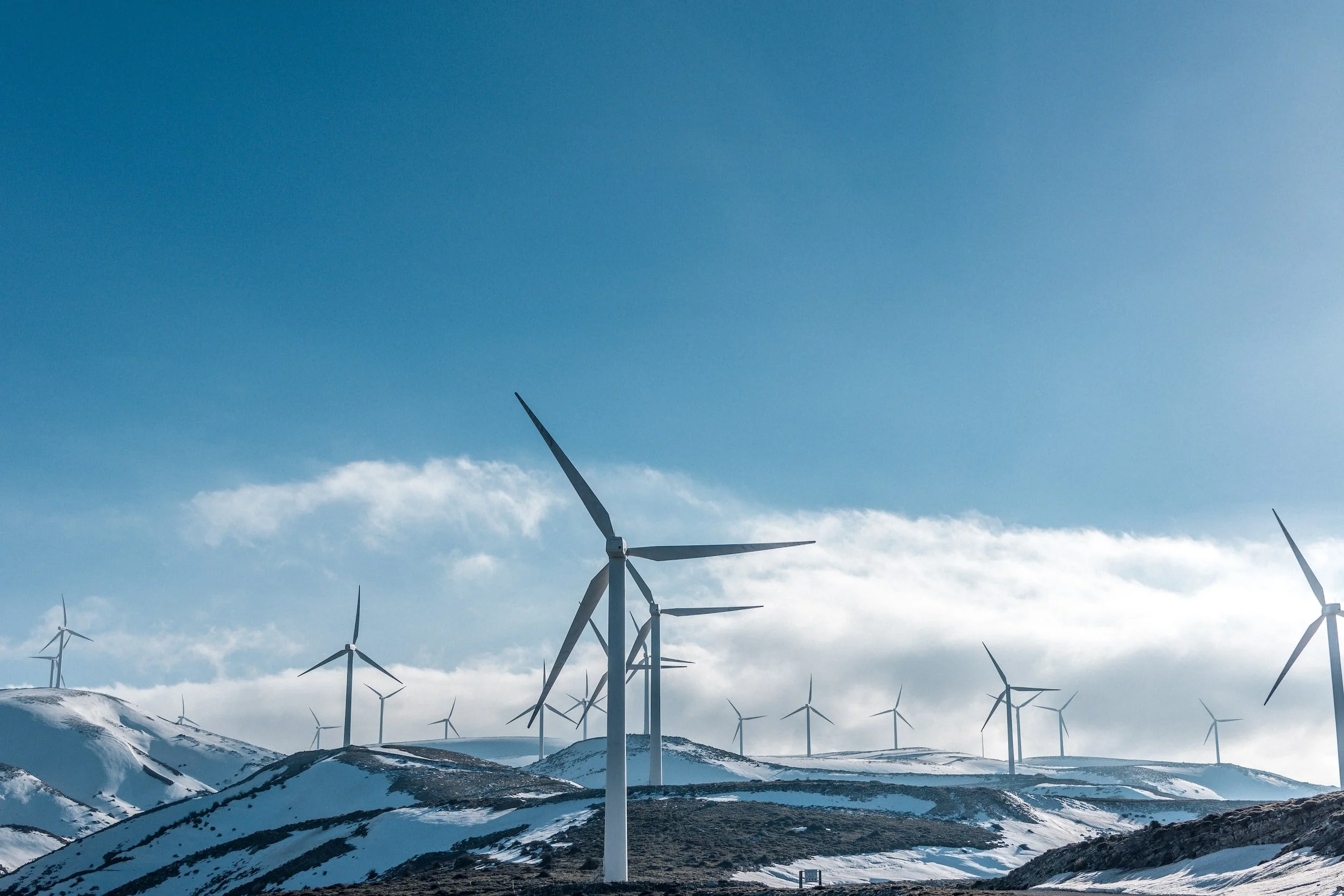Ocean Titans - The new Film by the World Ocean Council
The “OCEAN TITANS” series anchors analysis and insight from United Nations leading representatives, policy makers, industry and academic leaders charting a new course for the “Decade of Ocean Action” acceleration in saving our oceans with innovative, legislative and strategic solutions. The series will showcase Ocean science, supported by capacity development and how essential it is not only to inform SDG 14 but also other SDGs that have an ocean dimension.
The latest Edition “Cruising Leading the Way to Net Zero”
The cruise industry is committed to sustainability. We want to protect the oceans we sail on, the air we breathe and the destinations we visit. At a global level, CLIA members have announced a vision for net-zero carbon cruising by 2050, and action is taking place now to achieve this vision.
Our comprehensive approach to our sustainability strategy is built on three pillars:
Reducing the carbon footprint of ships at berth and at sea. Innovation is at the heart of our strategy. Our members have demonstrated a strong industrial commitment and research and development to find the solutions to achieve net zero. Cruise lines are investing significant sums to equip ships to connect to shoreside electricity, enabling ships to switch off engines and reduce emissions while at berth. Cooperation with ports, which need to invest in the necessary infrastructure, is critical in this respect.
To reduce emissions at sea, cruise lines have been investing into new types of fuels – around 26 vessels in the next five years will be able to use liquid natural gas, which has immediate emission reduction benefits but is also important as a transition fuel. For the future, we are exploring the use of other sustainable marine fuels – including sustainable biogas, sustainable biofuel, hydrogen, biomethanes and other solutions combined with different technologies.
Investing in advanced environmental technologies onboard. Significant investments are made to increase energy efficiency and advance environmental performance regarding on-board activities and hotel services. Cruise ships offer an excellent example of circular economy at scale with advanced systems and processes to enable waste to be collected, sorted, treated, and reused where possible into energy. Advanced wastewater purification systems are often equivalent to the best shoreside treatment plants. To increase energy efficiencies, cruise lines use digital technologies enabling better management of the energy use of onboard appliances to route optimization for fuel efficiency.
Partnering with cities and ports on sustainable tourism. Cruise lines adopt sustainable practices onshore to support the development of sustainable tourism practices in the destinations we visit. CLIA and our members work with local municipalities and communities to implement innovation solutions according to local requirements, such as mobile app technology and opening new, less well-known, visitor routes. CLIA has partnered for many years with the city of Dubrovnik to develop a sustainable action plan, ‘Respect the city’. Other examples include CLIA’s partnership with the municipalities and ports in Corfu and Heraklion, Crete to identify the fundamentals for a sustainability roadmap. As part of our approach to sustainable tourism, cruise lines are also investing in technologies to protect ocean biodiversity, and cruise lines have invested in many projects with partners and NGOs to protect ocean wildlife and coastal ecosystems.
What is the World Ocean Council?
The World Ocean Council (WOC) is a global, cross-sectoral ocean industry leadership alliance committed to “Corporate Ocean Responsibility”, developed by and for the private sector, with a unique and multi-sectoral approach to address cross-cutting issues affecting ocean sustainable development, science and stewardship of the seas.
The WOC believes that responsible and coordinated Ocean Business Community efforts are essential to a healthy and productive global ocean and its sustainable use, development and stewardship by a responsible Ocean Business Community.
The WOC Network includes 35,000+ ocean industry stakeholders around the world. The WOC is recognized or accredited by numerous U.N. agencies and other international organizations as the credible, global leadership body on ocean business and sustainability.






